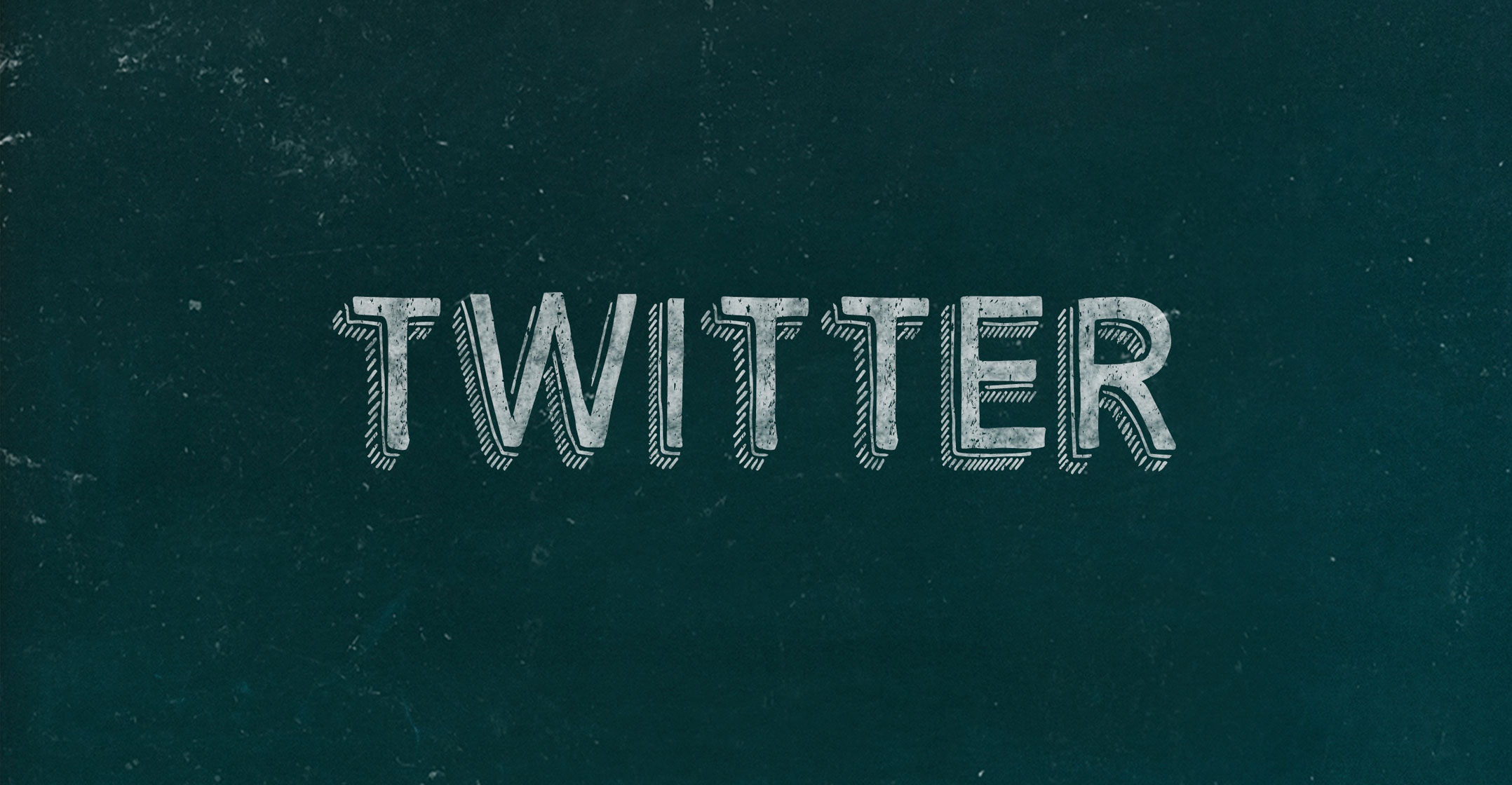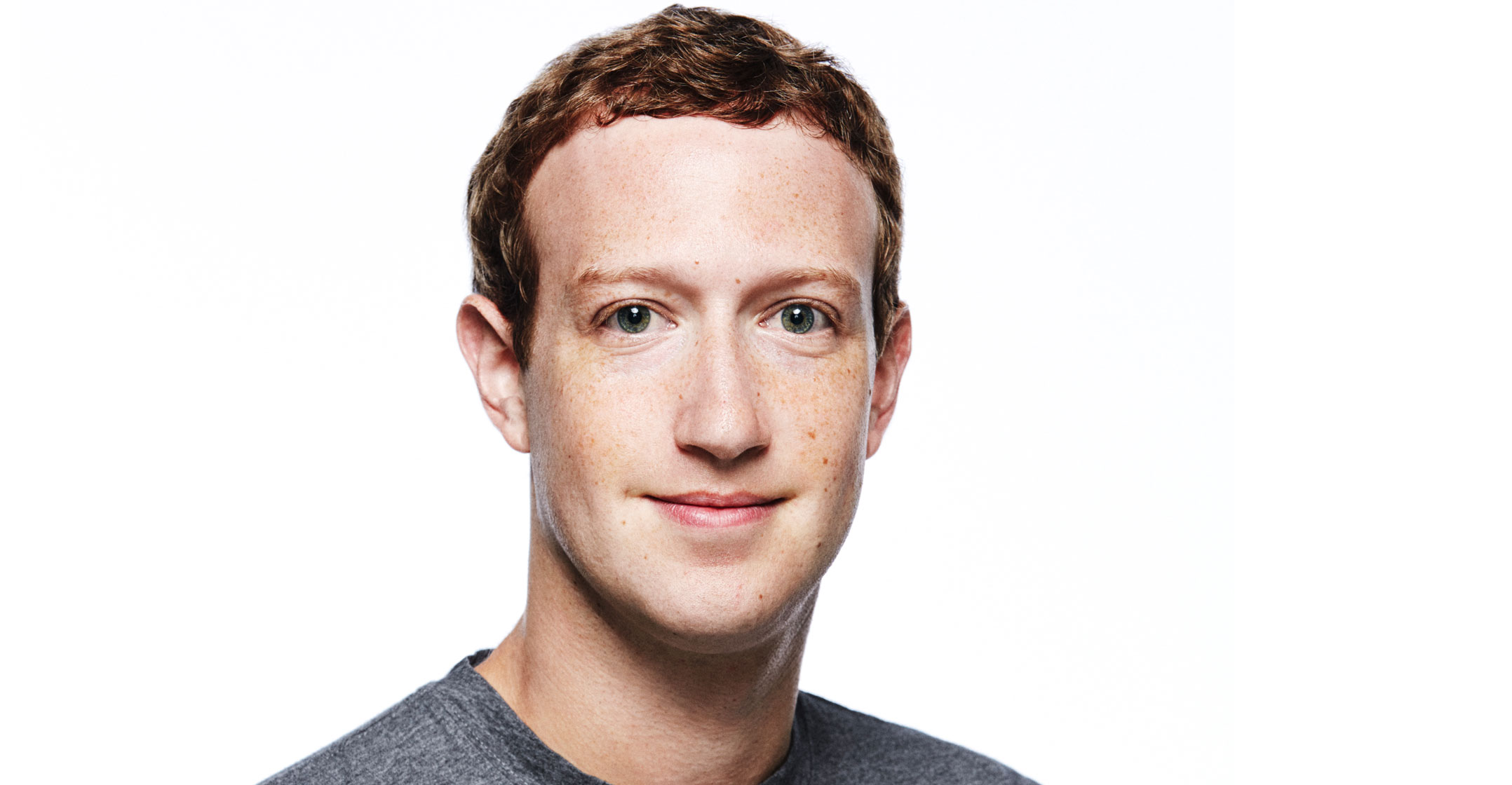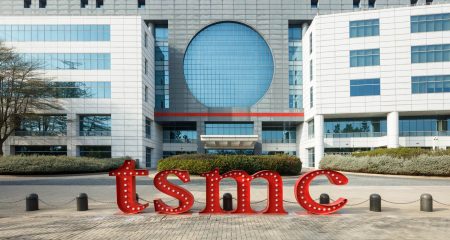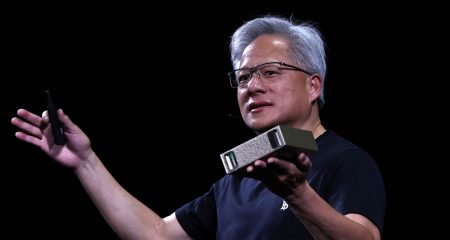 Twitter CEO Jack Dorsey called out his counterpart at Facebook, saying Mark Zuckerberg has a “major gap and flaw” in his argument for free speech on social media.
Twitter CEO Jack Dorsey called out his counterpart at Facebook, saying Mark Zuckerberg has a “major gap and flaw” in his argument for free speech on social media.
“We talk a lot about speech and expression and we don’t talk about reach enough, and we don’t talk about amplification,” Dorsey said at the Twitter News Summit in New York. “And reach and amplification was not represented in that speech.”
Zuckerberg gave a lengthy address at Georgetown University last week in which he explained that Facebook’s approach to content — which favours letting people say whatever they want — is part of an American tradition of free speech in the marketplace of ideas. He evoked the civil rights movement and other grassroots campaigns that were allowed to spread because of free speech.
Like Twitter, Facebook’s algorithm for sorting posts in a person’s social media feed gives heavier weight to those that users share and comment on. Often that means the most incendiary or surprising messages find their way to the biggest audience. Other than addressing his algorithm, Zuckerberg didn’t talk about the difference between content that naturally goes viral and promoted posts that people pay to send to a bigger audience.
“It was a major gap and flaw in the substance he was getting across,” Dorsey said.
The two CEOs of rival social media companies are wrestling with how to police misinformation, hate speech and other controversial content on their sites. Zuckerberg started his Georgetown speech with a modification of Facebook’s origin story, saying that he developed it in part as a reaction to the Iraq war, to give people a voice. Zuckerberg’s site started as a tool to compare students’ attractiveness.
‘Revisionist history’
“There’s some amount of revisionist history in all his storytelling,” Dorsey said of Zuckerberg. “It takes away from the authenticity and the genuineness of what we’re trying to do.”
Dorsey’s comments are especially timely considering an exchange Zuckerberg had when testifying before the US house financial services committee on Wednesday. When asked by a lawmaker about Twitter’s policies, he said he couldn’t speak on behalf of a company he doesn’t run.
That doesn’t mean he hasn’t taken swipes at Twitter before. When talking about Facebook’s efforts to combat election interference and misinformation, Zuckerberg said that his company spends more on safety issues than Twitter makes in a year. The two companies have competed over the years for everything from ad dollars to acquisitions.

Twitter is also dealing with its own free speech and misinformation issues. The company’s platform ran the same advertisement for US President Donald Trump’s campaign that is drawing intense criticism for Facebook over the ad’s inclusion of false information, and Twitter hasn’t made any clear declaration on its position about politicians lying in their ads.
Twitter, the social network of choice for Trump, has also been at the centre of another polarising debate: should it ever suspend the president’s account? There are some, like senator Kamala Harris, a Democratic presidential candidate, who believe Trump violates Twitter’s terms of service and should be treated like all other users who might be suspended for doing so. But Twitter has said repeatedly that politicians like Trump deserve a different standard because what they tweet is inherently newsworthy. It’s a stance that may eventually be challenged as the election and impeachment investigation move forward. — Reported by Sarah Frier and Kurt Wagner, (c) 2019 Bloomberg LP




